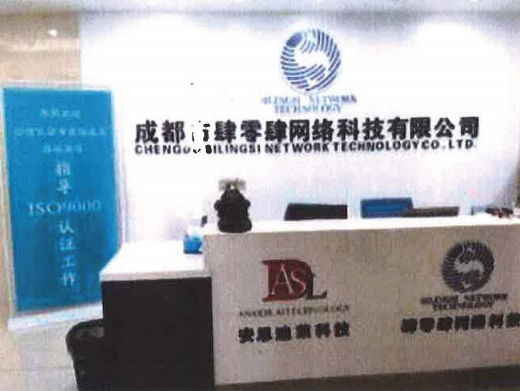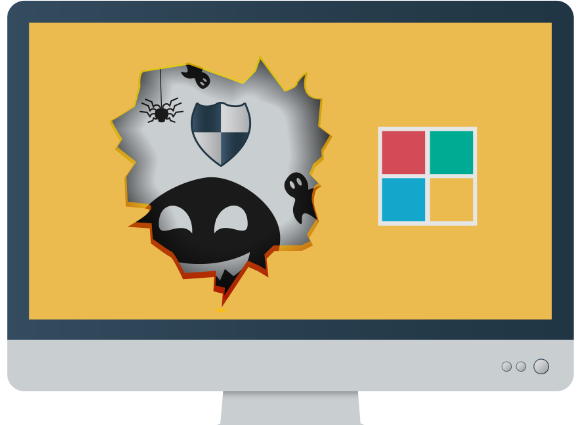Govt. Services Firm Tyler Technologies Hit in Apparent Ransomware Attack
jeudi 24 septembre 2020 à 01:06Tyler Technologies, a Texas-based company that bills itself as the largest provider of software and technology services to the United States public sector, is battling a network intrusion that has disrupted its operations. The company declined to discuss the exact cause of the disruption, but their response so far is straight out of the playbook for responding to ransomware incidents.

Plano, Texas-based Tyler Technologies [NYSE:TYL] has some 5,300 employees and brought in revenues of more than $1 billion in 2019. It sells a broad range of services to state and local governments, including appraisal and tax software, integrated software for courts and justice agencies, enterprise financial software systems, public safety software, records/document management software solutions and transportation software solutions for schools.
Earlier today, the normal content on tylertech.com was replaced with a notice saying the site was offline. In a statement provided to KrebsOnSecurity after the markets closed central time, Tyler Tech said early this morning the company became aware that an unauthorized intruder had gained access to its phone and information technology systems.
“Upon discovery and out of an abundance of caution, we shut down points of access to external systems and immediately began investigating and remediating the problem,” Tyler’s Chief Information Officer Matt Bieri said. “We have since engaged outside IT security and forensics experts to conduct a detailed review and help us securely restore affected equipment. We are implementing enhanced monitoring systems, and we have notified law enforcement.”
“At this time and based on the evidence available to us to-date, all indications are that the impact of this incident is limited to our internal network and phone systems,” their statement continues. “We currently have no reason to believe that any client data, client servers, or hosted systems were affected.”
While it may be comforting to hear that last bit, the reality is that it is still early in the company’s investigation. Also, ransomware has moved well past just holding a victim firm’s IT systems hostage in exchange for an extortion payment: These days, ransomware purveyors will offload as much personal and financial data that they can before unleashing their malware, and then often demand a second ransom payment in exchange for a promise to delete the stolen information or to refrain from publishing it online.
Tyler Technologies declined to say how the intrusion is affecting its customers. But several readers who work in IT roles at local government systems that rely on Tyler Tech said the outage had disrupted the ability of people to pay their water bills or court payments.
“Tyler has access to a lot of these servers in cities and counties for remote support, so it was very thoughtful of them to keep everyone in the dark and possibly exposed if the attackers made off with remote support credentials while waiting for the stock market to close,” said one reader who asked to remain anonymous.
Depending on how long it takes for Tyler to recover from this incident, it could have a broad impact on the ability of many states and localities to process payments for services or provide various government resources online.
Tyler Tech has pivoted on the threat of ransomware as a selling point for many of its services, using its presence on social media to promote ransomware survival guides and incident response checklists. With any luck, the company was following some of its own advice and will weather this storm quickly.






